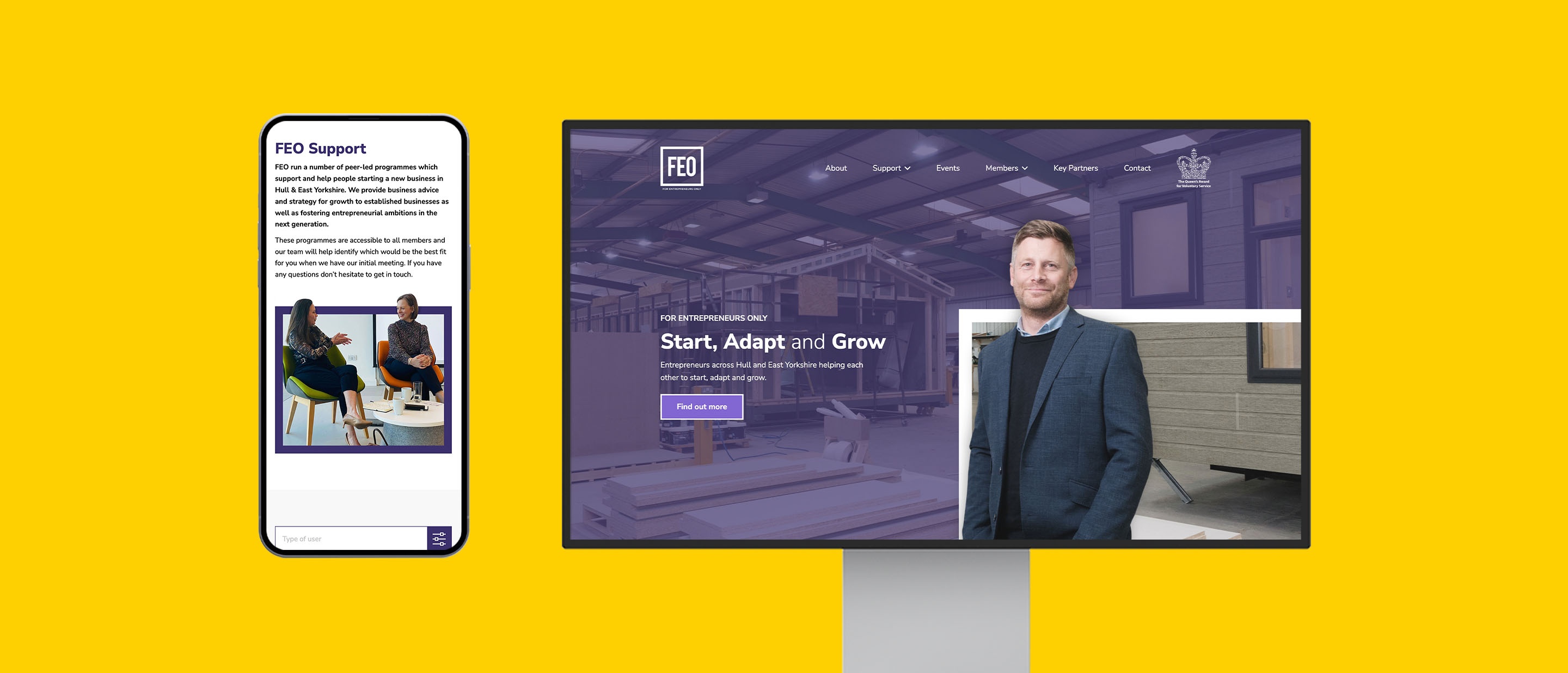
The answer to this question is yes, very.
Let our industry professionals explain to you why…
“A good website evolves with your business and gives people a reason to return regularly. But we know that sometimes, updating it isn’t always your very first priority!
It’s so easy to put your website on the back burner whilst your company is focused on delivering your day job. A few weeks can turn into months and before you know it, your website is a year out-of-date, potentially missing case studies and new services that could entice new customers.
We’ve even been in this situation ourselves, preaching to our clients that content is king whilst our own website was also in need of some TLC! We’ve found the easiest way to keep your website up-to-date is to delegate responsibility within your organisation. Make one person, or a small team, responsible for shining a spotlight on your success and publishing great messages about your business on a regular basis.
Search engines love websites that are regularly updated with fresh, relevant content, so you may even find your organic traffic improves by doing so.
We’re by no means suggesting you should fully re-build your website every few months (nobody has the budget for that!), but by keeping your blog or news busy and refreshing hero photography and iconography regularly, you’ll prevent it from appearing stale. Our top tip is to reserve some budget to maintain new staff images every year or so. Gary from Accounts’ trendy new beard and Sharon outgrowing her 80s Flashdance perm can do a great job of dating your website quickly!”
“We’ve all heard the saying ‘you only get one chance to make a great first impression’, and that’s especially true when it comes to your organisation’s website.
When making a purchasing decision, the majority of us now do our research online. We check out a company’s website, its social feeds and reviews, and within seconds we can determine whether a company is worthy of our attention and our hard-earned money.
If your website is modern, up-to-date and packed with easy-to-access information, you’ll give the impression of a forward-thinking company and encourage interaction. If it’s slow, out of date and lacking useful information, sadly visitors will think your business is too, and will most likely leave.
That’s why it’s vital to ensure your website design is fresh and following the latest advancements in design. Trends change all the time and keeping abreast of them will help to maintain a great user experience.”
“So, you know that updating your website is important and you’re keen to get started. But how do you set yourself up to succeed?
“Firstly, I’d say be realistic about what you want to do, and what you will actually do. Sometimes a client will enthusiastically ask us to build their website so every area can be edited by them. We understand the desire for this, especially as you wouldn’t have to pay anyone to make any changes moving forward. However, in our experience, this approach can come with some negatives.
“By building a website in this way, design choices have to be restricted to cater for whatever the client may enter into the content management system. The initial build cost will also be greater to accommodate the additional technical overhead in making everything editable. Quite often, even though all areas of a website can be updated by a client, we still find many content management sections are left untouched.
“My advice is to strike a balance. Work with your developers to identify the key areas of your website you will most likely change on a regular basis. The most common areas are news, case studies, products, blogs etc. Making these ‘content managed’ (editable by you) makes perfect sense.
“You may only wish to change other areas of your website perhaps once a year or so. In this instance, it’s more cost effective to instruct your developers to do this on an ad-hoc basis. By having an annual check-in with your web team, you can implement some fresh new imagery and designs and identify any areas of the website that could benefit from improvement.”